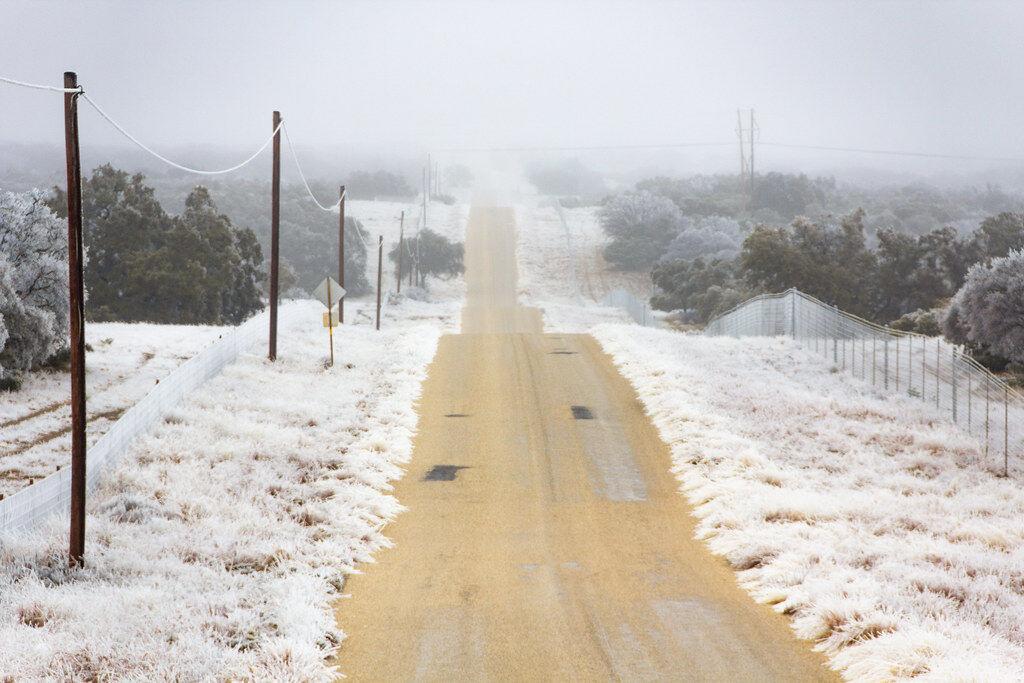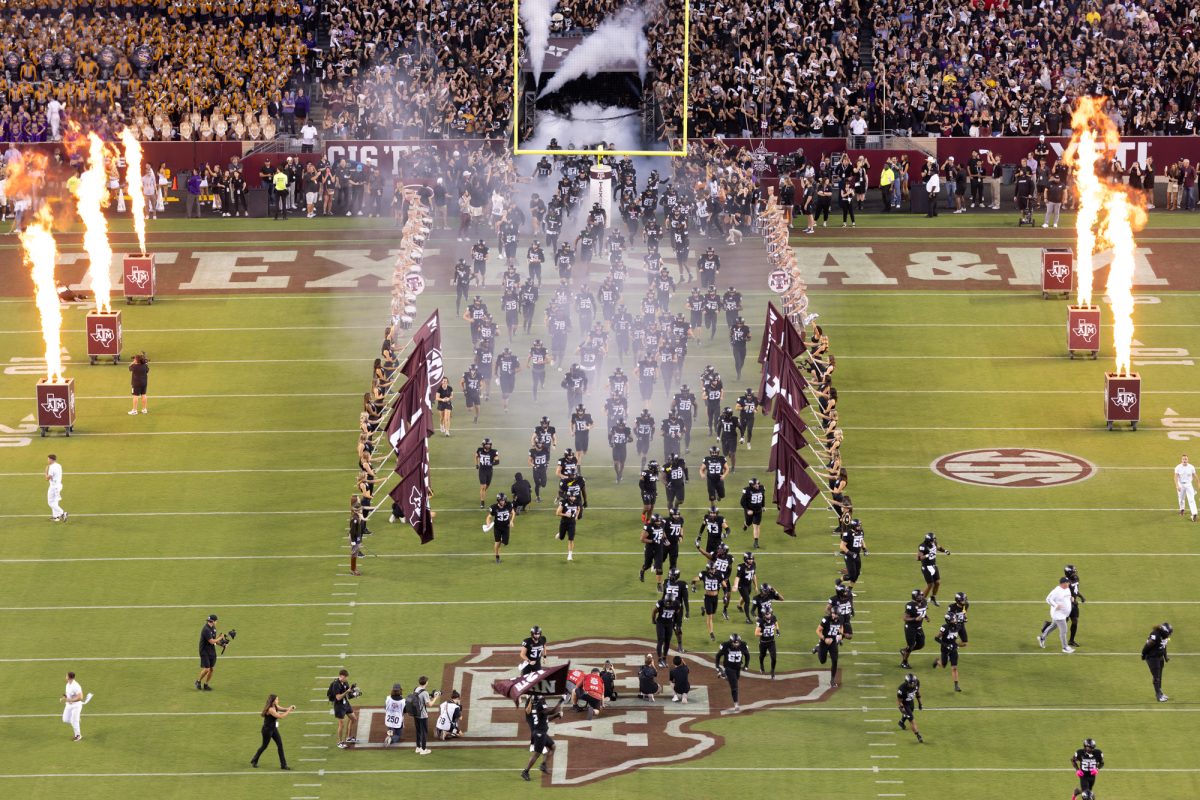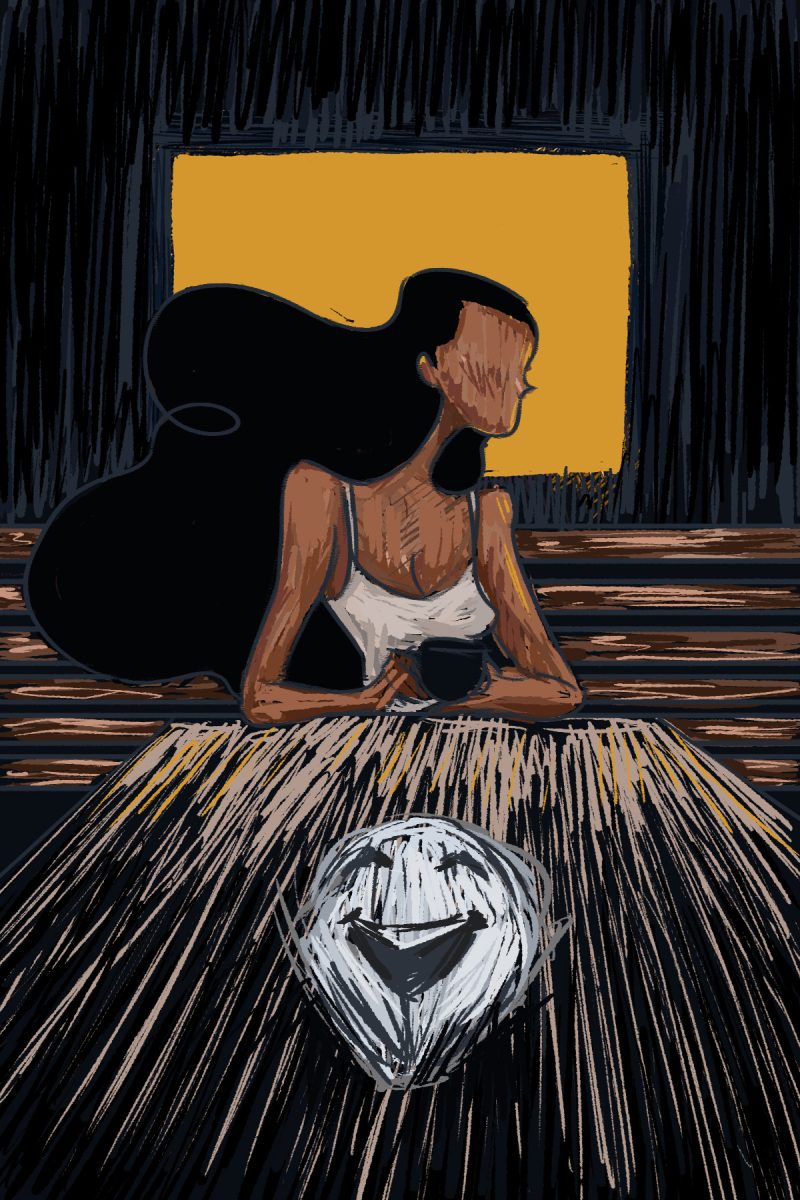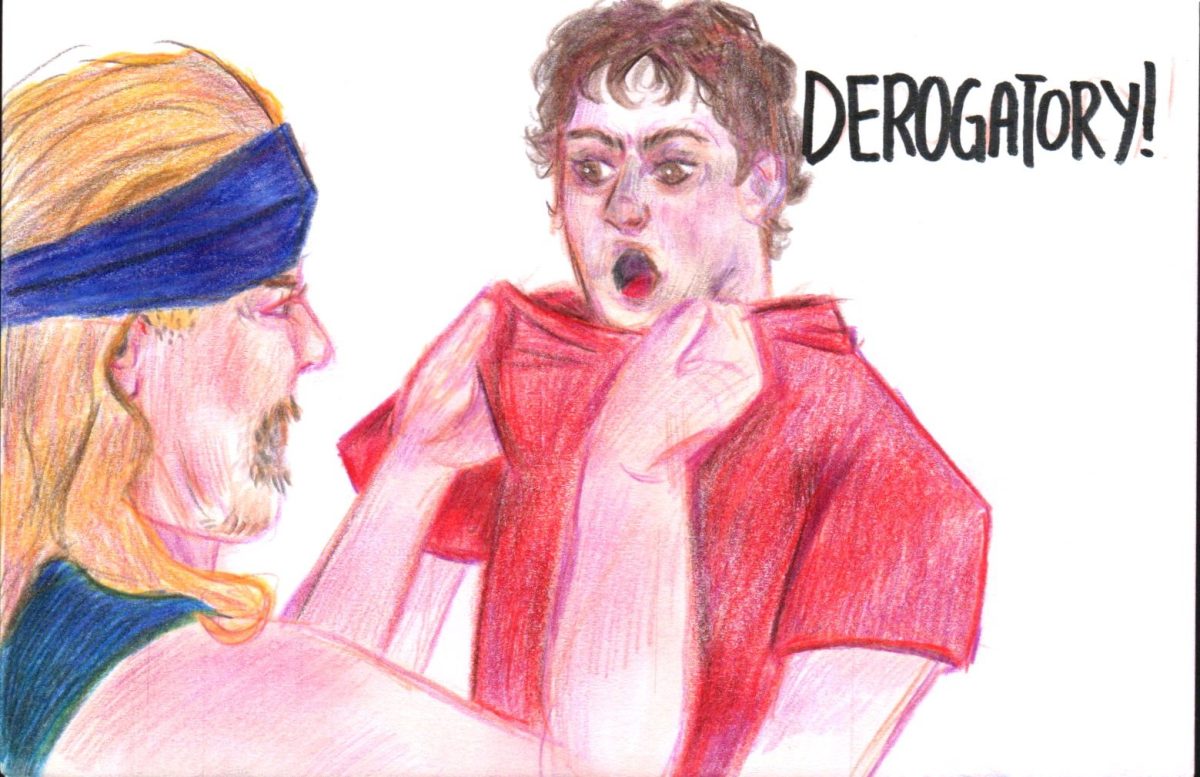Last week I found myself having multiple candlelight dinners — and no, it was not because I was on a romantic date. It’s because, like millions of others in Texas, I was experiencing rolling blackouts due to an unprecedented winter storm.
Yes, a winter storm in Texas. One resulting in snowfall, below freezing temperatures and lots of bruised behinds from Texans who aren’t used to walking on icy surfaces. More importantly, this storm resulted in millions of people losing power and water.
College Station was seemingly a winter wonderland during the first snowfall last week. Students rushed Simpson Field, stormed Mt. Aggie and there seemed to be a snowman on every street. Yes, it was all fun and games — until it wasn’t.
First, the rolling power outages started. If you were lucky you got power for a couple of hours at a time. Others were not so fortunate, as hundreds of thousands went days without any power at all. After a couple of days, people started freezing to death in their own homes. To date, at least 30 people have died due to hypothermia, and it’s reasonable to expect that, as time goes on, this number will only grow. One of the people to die was Christian Pavon, an 11-year-old boy from Conroe. His mom sent him to bed as she normally did after eating dinner and playing some games. Little did she know that the harsh climate would rob her of her son, a life taken far too soon, his death entirely preventable.
Then people started to lose water. Major cities like Austin were put on a boil water notice as pipes froze and burst. Some of my friends who go to that school down the road sent me pictures of them gathering snow in buckets. They were not, however, collecting snow to have an indoor snowball fight — they needed water they could drink, water they could cook with and water to shower with.
To say this winter storm was anything short of catastrophic is simply naive, just as it is to say there’s nothing Texas could have done to prevent this tragedy.
Texas produces more energy than any other state, so most people would think massive power outages are nearly impossible. The problem with this line of thinking is that it neglects the fact that the Lone Star State is quite literally the lone contiguous state not connected to the national power grid. Instead, the Electric Reliability Council of Texas, or ERCOT, controls 90 percent of Texans’ electricity. The rest of the country is either kept lit and warm through the Eastern Connection or the Western Connection. If where you live is connected to the national electrical network and experiences a catastrophe as Texas did, it can “borrow” electricity from other places. Since Texas is not part of the Western or Eastern Connection, this was never a possibility, and millions of people paid the price.
Notice earlier I said ERCOT controls 90 percent of Texans’ electricity. So what about the other 10 percent? Who controls their power? There are border cities like El Paso and Beaumont who are not a part of ERCOT but instead are connected to the Western Connection. One might think this would put these cities at a disadvantage, when in fact they performed significantly better during the winter storm than the rest of the Texas cities who are controlled by ERCOT.
Texas could connect to the federal system, but we just choose not to. It wouldn’t be that difficult to do, so why don’t we?
Because Texans are known for their mistrust of both the federal government and regulation. I, myself, am one of those Texans. This is the exact reason as to why we are not connected to the rest of the country.
If, two weeks ago, you had presented to me an argument as to why Texas should remain energy independent, I can guarantee you I would have agreed with the anti-federal regulation argument. However, a lot has changed in the last week. People have died and been displaced from their homes, and it all could have been avoided.
I’m not saying connecting to the national grid will automatically prevent something like this from happening again. But what I am saying is I’m willing to let the federal government step in if there’s even a slight chance it will result in lives saved should a tragedy like this happen again.
Sam Somogye is a political science senior and columnist for The Battalion.
















